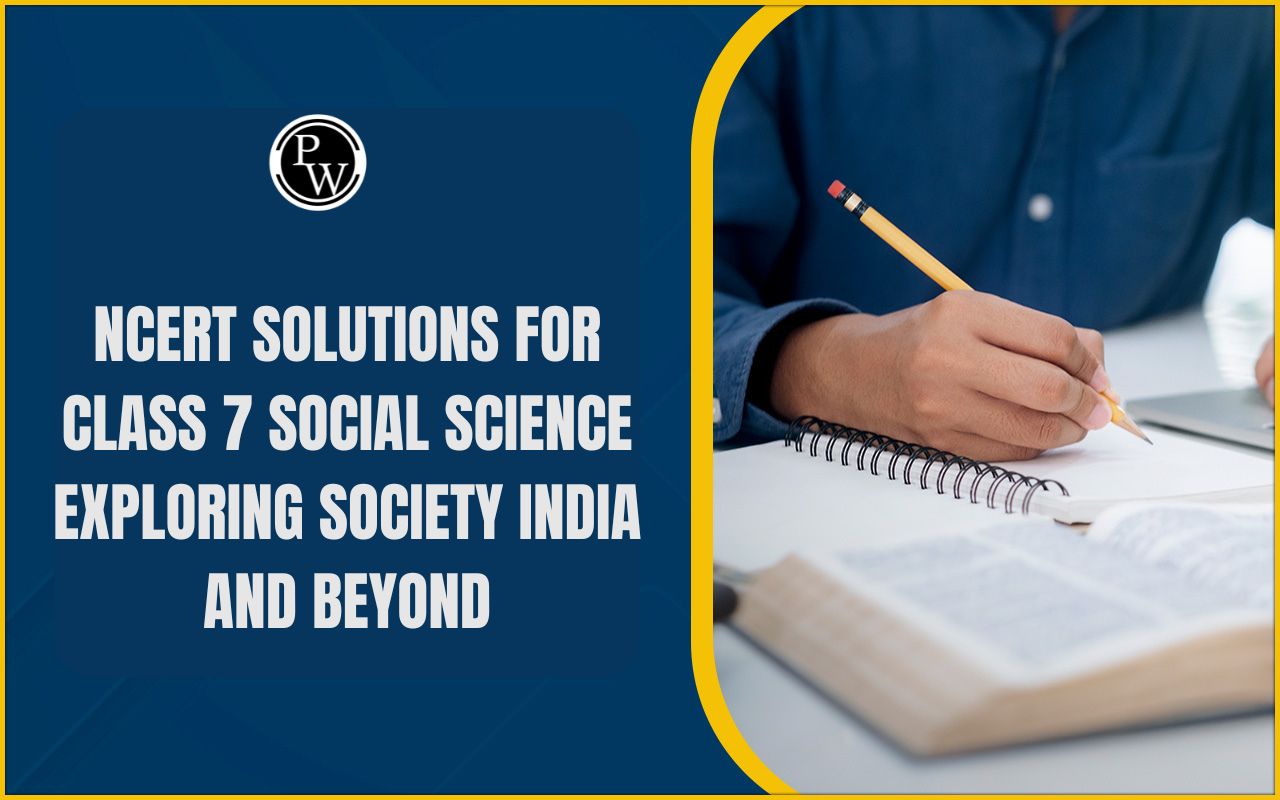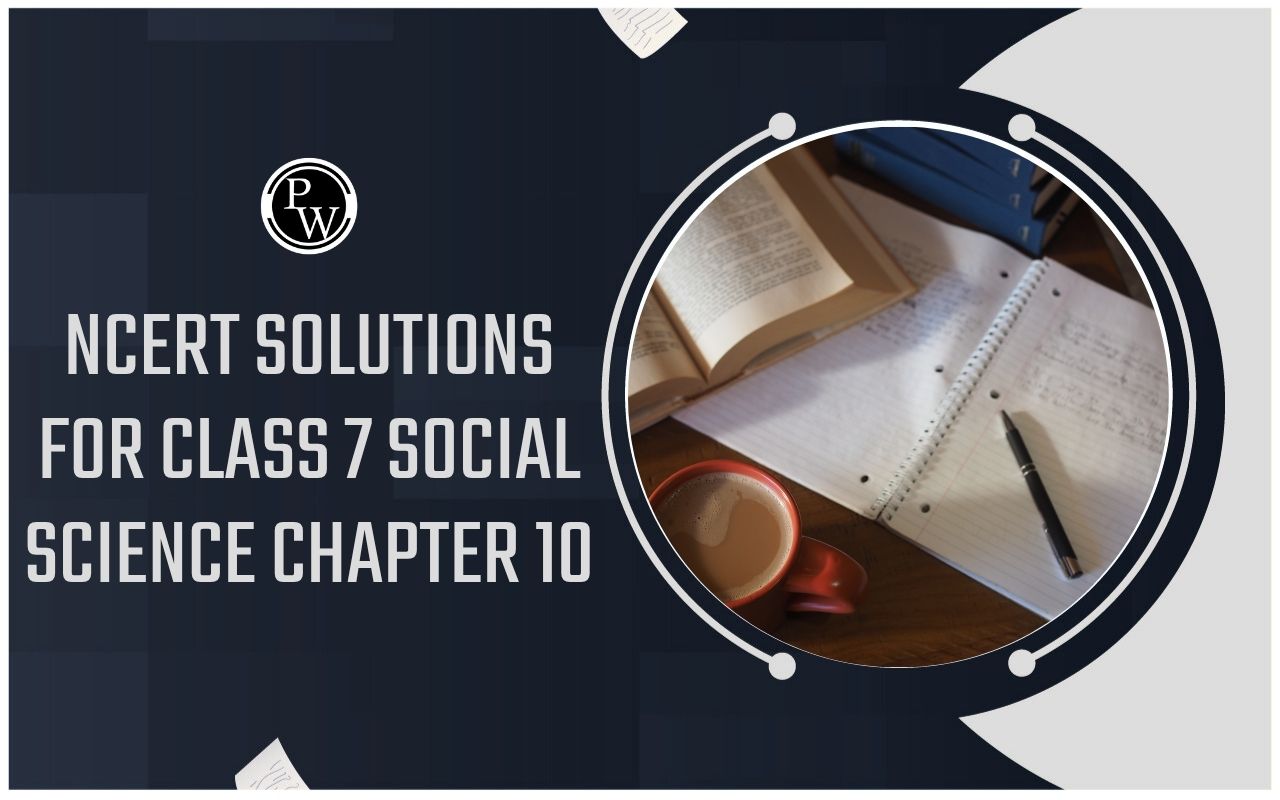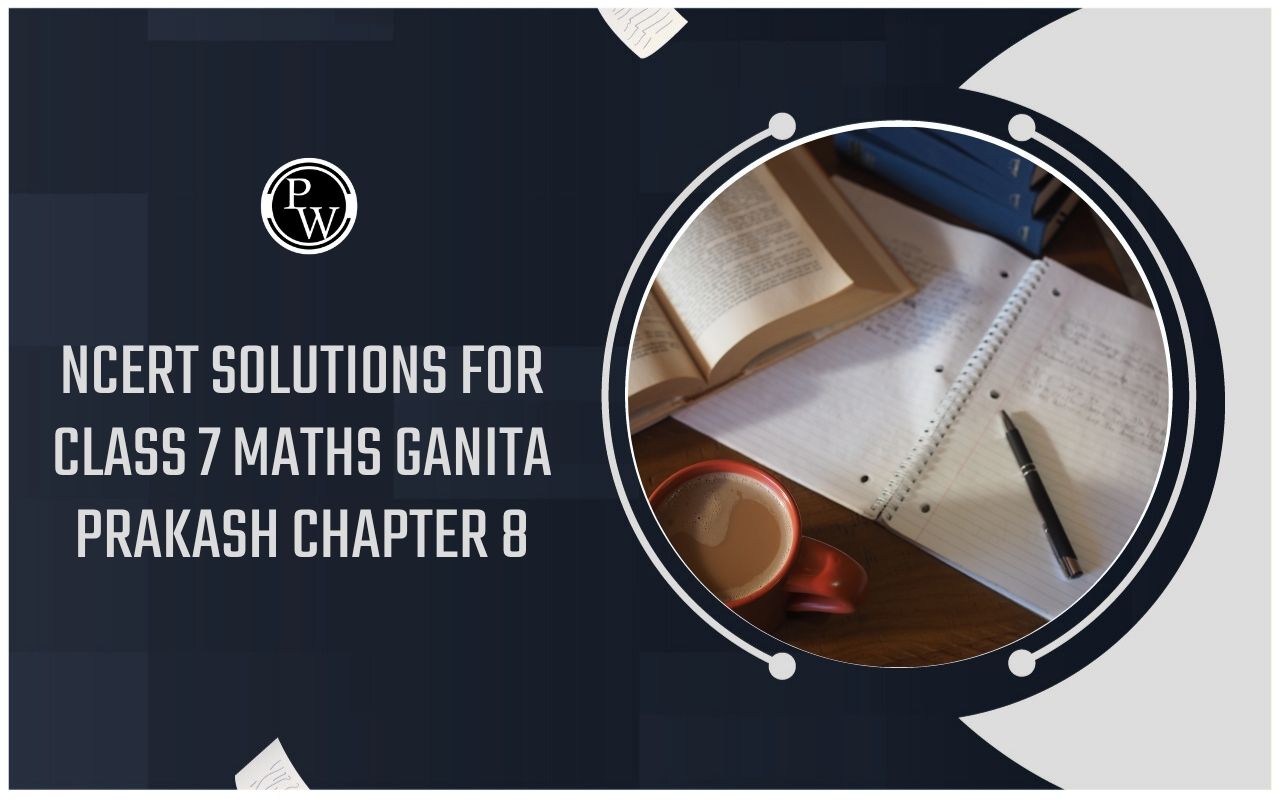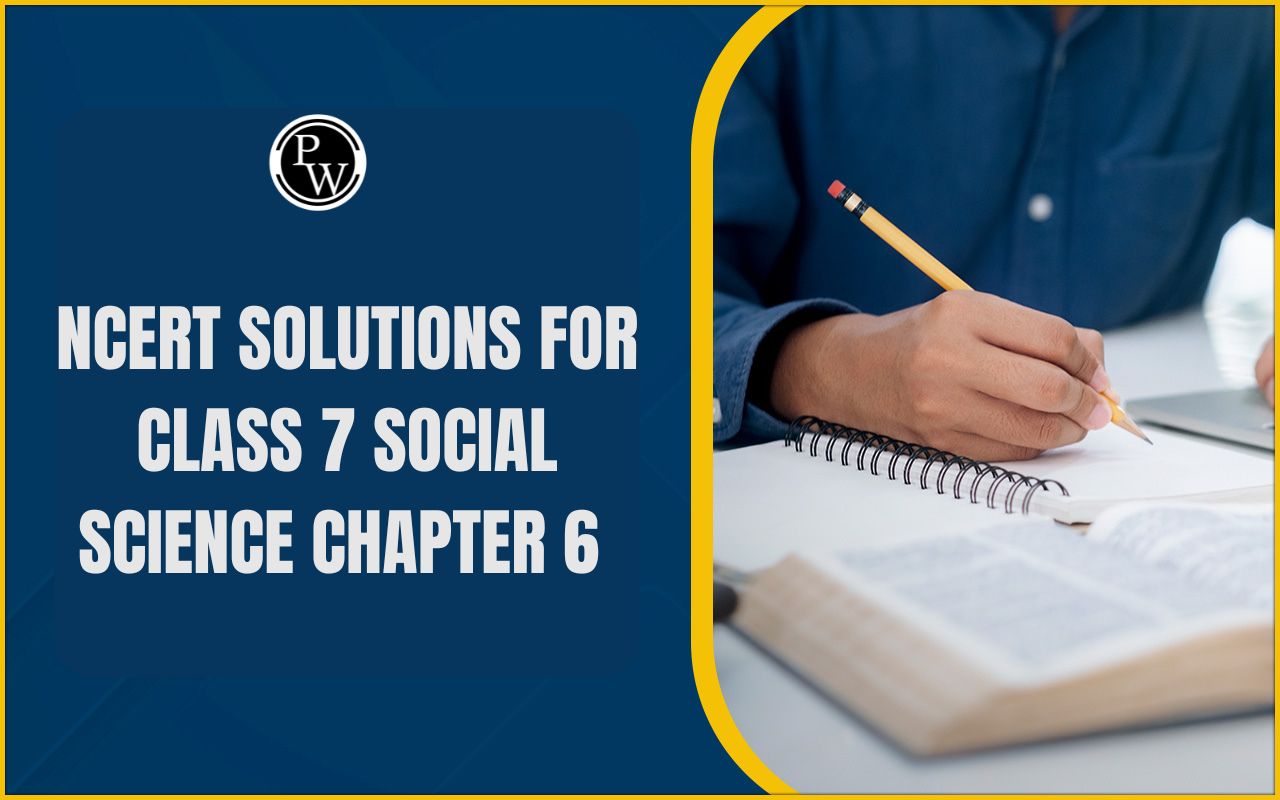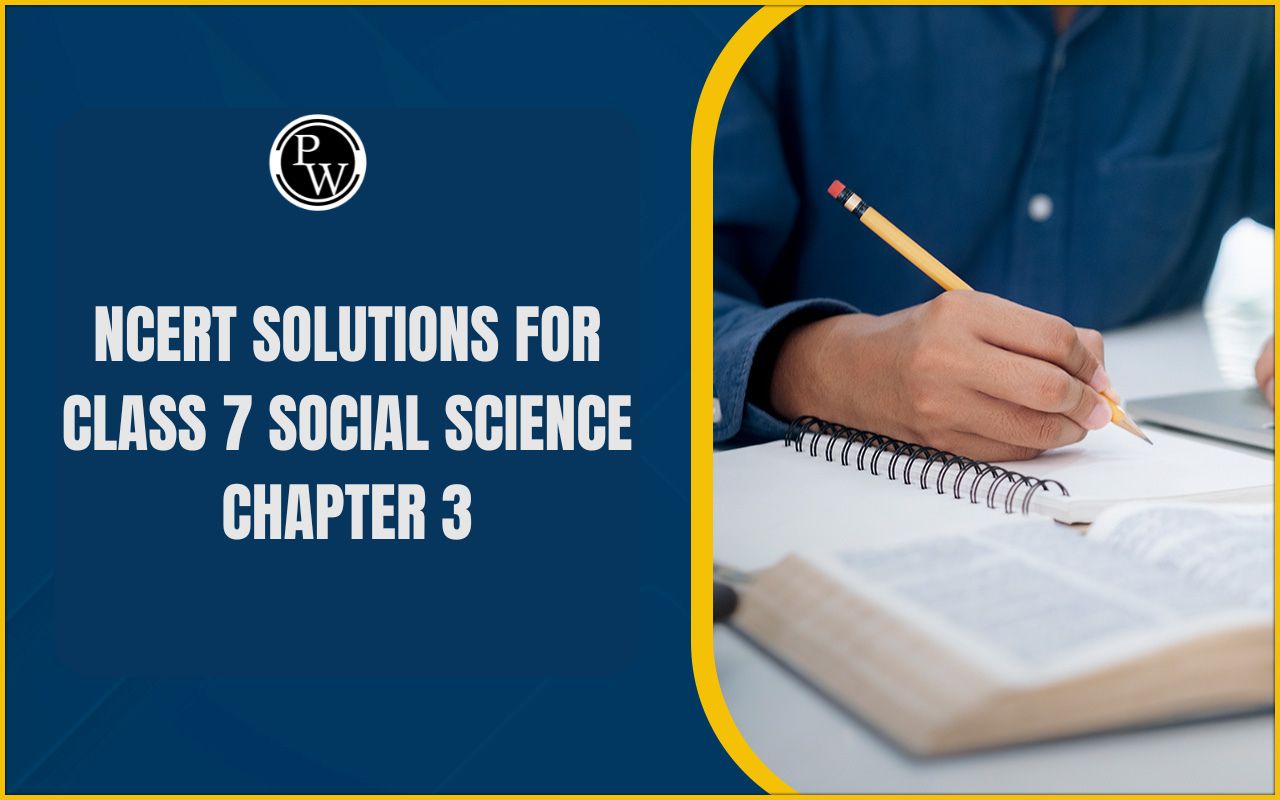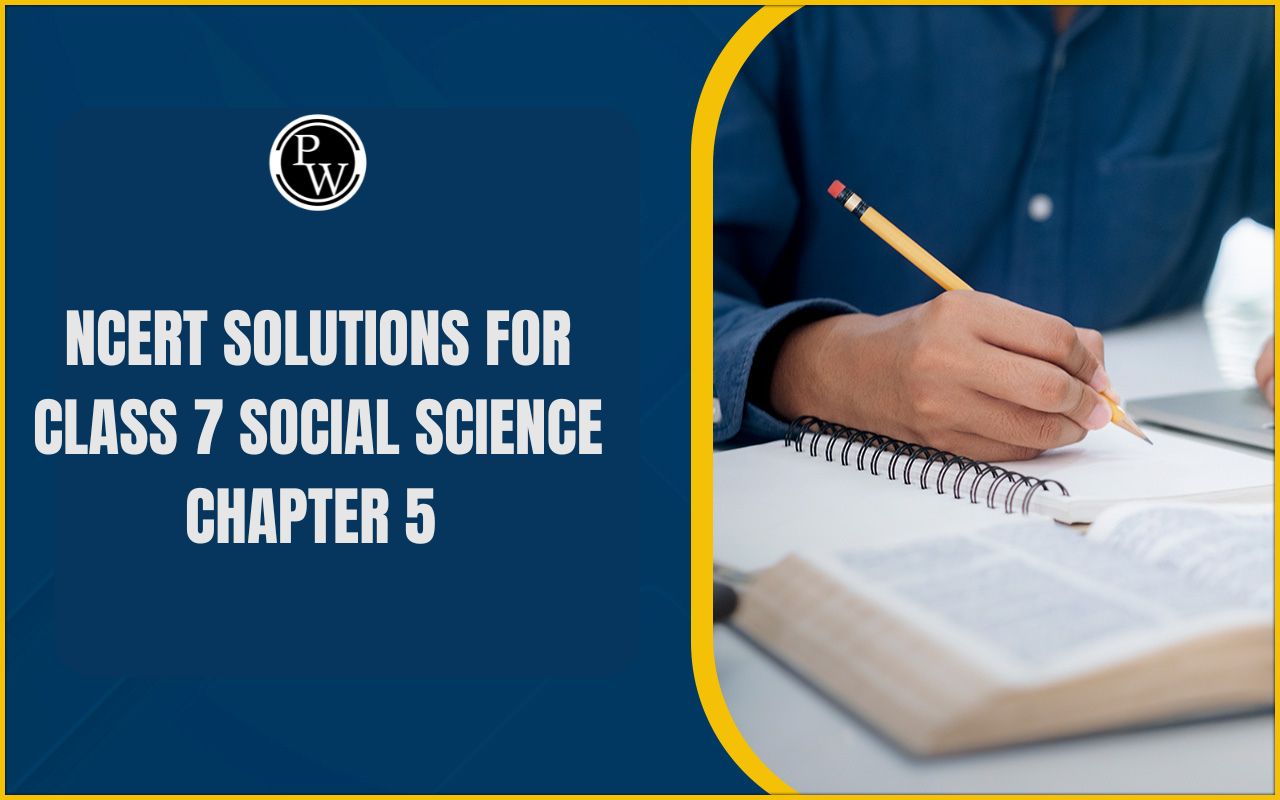
NCERT Solutions for Class 7 Science Chapter 16
NCERT Solutions for Class 7 Science Chapter 16: This page consist of details solution of chapter Water A Precious Resource class 7 science. You can check NCERT Solutions for class 7 Science for other chapters of class 7 science prepared by Physics Wallah. do the questions by yourself and check your solution with Physics Wallah NCERT solution for the chapter Water A Precious Resource. to have more depth in chapter Water A Precious Resource class 7 science you must read the theory of Water A Precious Resource and do the additional question of Physics Wallah click this link to do the questions and read theory of Water A Precious Resource. along with NCERT solution of class 7 science
NCERT Solutions for Class 7 Science Chapter 16 Water A Precious Resource Overview
Every key topic for the exam is covered in NCERT Solutions for Class Science Chapter 16. These questions were developed by our experts to help students ace the exam. For a better comprehension, this article includes all the important questions along with their simple explanations. It is suggested that students work through these questions in order to better understand their concepts. The purpose of these questions is to help students in comprehending Class 7 Science Chapter 16 of the NCERT Solutions.NCERT Solutions for Class 7 Science Chapter 16 Water A Precious Resource
| CBSE Syllabus Class 7 | |
| CBSE Class 7 English Syllabus | CBSE Class 7 Math Syllabus |
| CBSE Class 7 Social Science Syllabus | CBSE Class 7 Science Syllabus |
NCERT Solutions for Class 7 Science Chapter 16 Exercise 1
Question 1: Mark ‘T’ if the statement is true and ‘F’ if it is false:
(a) The freshwater stored in the ground is much more than that present in the rivers and lakes of the world. (T/F)
(b) Water shortage is a problem faced only by people living in rural areas. (T/F)
(c) Water from rivers is the only source for irrigation in the fields. (T/F)
(d) Rain is the ultimate source of water. (T/F)
Answer: (a) The freshwater stored in the ground is much more than that present in the rivers and lakes of the world. (T)
(b) Water shortage is a problem faced only by people living in rural areas. (F)
(c) Water from rivers is the only source for irrigation in the fields. (F)
(d) Rain is the ultimate source of water. (F)
Question 2: Explain how groundwater is recharged.
Answer: Rain water and the water from water bodies on earth’s surface pass through the soil by the process of infiltration. The infiltrated water then gets accumulated in the aquifer deep under the ground. There are some layers of impermeable rocks which prevent the water in the aquifer from seeping down further. In this way, the ground water is recharged.
Question 3: There are ten tube wells in a lane of fifty houses. What could be the long term impact on the water table?
Answer: If the people of the fifty houses use the ten tube wells, then the water required by them is drawn from the ground. If these tube wells are used for long time, then the ground water would be reduced and the water table would go down.
Question 4: You have been asked to maintain a garden. How will you minimise the use of water?
Answer: To maintain a garden, water is necessary. Therefore, to minimise the use of water, we can apply the drip irrigation method. In this method, water is supplied directly to the base of the plants using narrow pipes, thereby reducing the loss of water.
Question 5: Explain the factors responsible for the depletion of water table.
Answer: The factors responsible for the depletion of water table are as follows:
(i) Increasing population
As a result of increasing population, all the facilities such as houses, shops, roads, offices, pavements, etc. increase to fulfil the increasing demands. This, in turn, decreases the open area for seepage of water into the ground.(ii) Increasing industries
Most of the stages of manufacturing processes in industries require water. If the number of industries increases, then the water required by them will also increase. Therefore, increase of industries contributes to the depletion of water table.(iii) Agricultural activities
India is an agricultural country and agriculture is impossible without water. The water for agriculture is mainly utilised from ground water, rain water and canal water. As there is no rainfall in many places, agriculture cannot be entirely depended on rain water. Also, canal water is available in a few places only. Therefore, ground water is the main source of water for agricultural activities and this causes depletion of water table.Question 6: Fill in the blanks with the appropriate answers:
(a) People obtain groundwater through _______ and ________.
(b) Three forms of water are ________, ________ and ________.
(c) The water bearing layer of the earth is ________.
(d) The process of water seepage into the ground is called ________.
Answer: (a) People obtain groundwater through tube wells and hand pumps.
(b) Three forms of water are ice, water and vapour.
(c) The water bearing layer of the earth is aquifer.
(d) The process of water seepage into the ground is called infiltration.
Question 7: Which one of the following is not responsible for water shortage?
(i) Rapid growth of industries
(ii) Increasing population
(iii) Heavy rainfall
(iv) Mismanagement of water resources
Answer: (iii) Heavy rainfall
Question 8: Choose the correct option. The total water
(i) in the lakes and rivers of the world remains constant.
(ii) under the ground remains constant.
(iii) in the seas and oceans of the world remains constant.
(iv) of the world remains constant.
Answer: The total water
(iv) of the world remains constant.Question 9: Make a sketch showing groundwater and water table. Label it.
Answer:
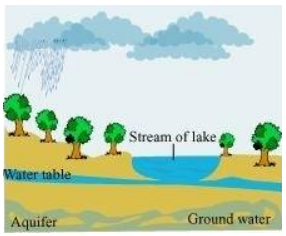
NCERT Solutions for Class 7 Science Chapter 16 FAQs
Why is water considered a precious resource?
What are the different sources of water?
How can we conserve water at home?
What is groundwater, and how is it recharged?
What is groundwater, and how is it recharged?

